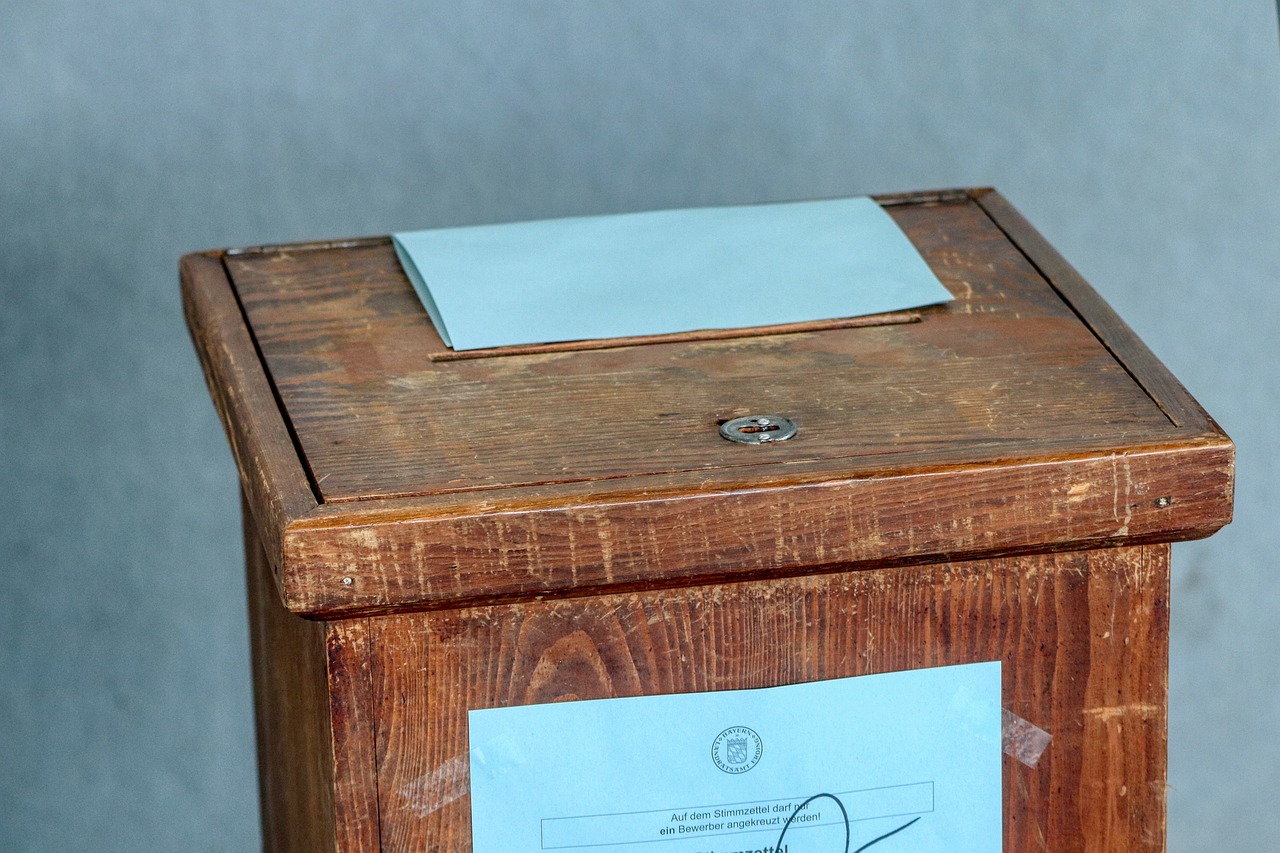Representative democracy is a real farce. For more than two centuries now, since the French Revolution and the independence of the United States, it has been instilled in us, almost by force, that ‘democracy’ is an exercise of going to vote every so often.
 Marcelo Colussi
Marcelo Colussi
If that happens periodically without interruption, and leaders change, we are in a democracy. If not, then: dictatorship! But the socio-economic problems that affect us do not really change, even if we change president every so often.
The farce, the trick they subject us to, is obvious. While we’re here, let it be said that in two surveys carried out in Latin America in the last few years, the population expressed the view that it does not mind what type of government exists (representative democracy or dictatorial authoritarianism) if it resolves its economic shortages. What democracy are we talking about, then?
Voting has happened periodically in Guatemala for almost 40 years now and presidents come and go every four years, but the structural injustices remain unaltered. It is the same in any capitalist country in the world, rich or poor.
For 227 years the United States, the world’s principal capitalist power, has also changed its leader every four years and has always chosen between two parties, Republican and Democrat, but the country’s situation does not vary. Whoever the president is, the ferocious imperialism continues and a high level of consumption for its working class is maintained, while the most important decisions continue to be taken on Wall Street (the oligarchs who handle the money) or by the military-industrial complex, which sets its rapacious foreign policy as an imperialist nation.

In the last Guatemalan election, the mafioso cabal called the ‘Pact of Corruption’ that has directed the state for several administrations, deeply embedded in all spheres of government, thought it would win again by putting one of its own in the second round.
The country’s factors of real power, the higher business class and the United States embassy, gave it their blessing, since these mafias ensure the continuity of capitalist accumulation. However, to everyone’s surprise, the Semilla Movement triumphed with the Bernardo Arévalo-Karin Herrera pairing, who basically fly an anti-corruption flag.
The current governing team trembled at the possibility of finding itself displaced and began to conduct all the manoeuvres imaginable not to lose its privileged position. And the instrument making the attacks now is the Public Ministry, virtually making it a technical coup d’état, a complete steamrollering of the popular vote violating the constitution, having recourse to the dirtiest arguments.
But the United States would seem to be giving up supporting the ‘Pact of Corruption’ and now be defending Semilla. The United States Secretary of State, Antony Blinken, has just declared that ‘the United States continues to be concerned by the ongoing actions of those who seek to undermine Guatemalan democracy. Such anti-democratic behaviour, including the efforts of the Public Ministry and other actors to suspend the president-elect’s political party and intimidate the electoral authorities, subverts the clear will of Guatemalans and is inconsistent with the principles of the Inter-American Democratic Charter’. Why this support from North American imperialism for the Semilla Movement?
 History is repeating itself a little, taking due account of proportion, with the previous Democratic government in Washington with Obama at its head: there is an attempt to partially ‘improve’ Central America’s socio-economic conditions, as with the high level of government corruption that exists the vast majority do not receive satisfactory healthcare, education, housing or basic infrastructure.
History is repeating itself a little, taking due account of proportion, with the previous Democratic government in Washington with Obama at its head: there is an attempt to partially ‘improve’ Central America’s socio-economic conditions, as with the high level of government corruption that exists the vast majority do not receive satisfactory healthcare, education, housing or basic infrastructure.
That is why the United States’ objective would be to promote a process of reforms that generated options for work with a minimum level of stability to avoid an increase in migrations towards the north, something that would be possible to foster with Semilla in government. Something akin to what the CICIG (International Commission against Impunity in Guatemala) did in its time: a brake on corruption. Of course, that leaves aside the ‘Pact of Corruption’, which would see its business ended.
The voting population in Guatemala feels horribly cheated by the illegal manoeuvres of the Public Ministry which is trying to prevent Bernardo Arévalo taking office. There is a widespread popular clamour for the withdrawal of the Attorney General, Consuelo Porras, along with some of the corrupt operators who surround her, in a vigorous defence of democratic process. Without doubt, the current administration will do the impossible not to lose its business, which will surely be revealed with the arrival of Semilla in the presidency.
In any case, the situation of poverty in which 70% of the population finds itself will not end with an anti-corruption crusade, such as the one that could be driven by the new leader.
 It is clear, furthermore, that the Semilla Movement, which is even trying not to present itself as a force of the left, does not promise any structural change.
It is clear, furthermore, that the Semilla Movement, which is even trying not to present itself as a force of the left, does not promise any structural change.
Without a shadow of doubt, the population voted sick of the corruption and impunity around them, hoping for change. But it does not seem that the change will be profound or structural under the new government; on the one hand, because the ‘Pact of Corruption’ probably won’t let it govern, and on the other hand, because the same old interests back it (sectors of the higher national business community and Washington). It is said, for example, that a good part of the budget will be allocated to generating electrical energy, a business where the same business community that supports it has interests.
It is clear that this democracy is not, strictly speaking, ‘the people’s government’, but in the current circumstances it opens up a much more promising scenario than the so-called ‘Pact of Corruption’. PL
(Translated by Philip Walker – Email: philipwalkertranslation@gmail.com) – Photos: Pixabay












.jpg)












